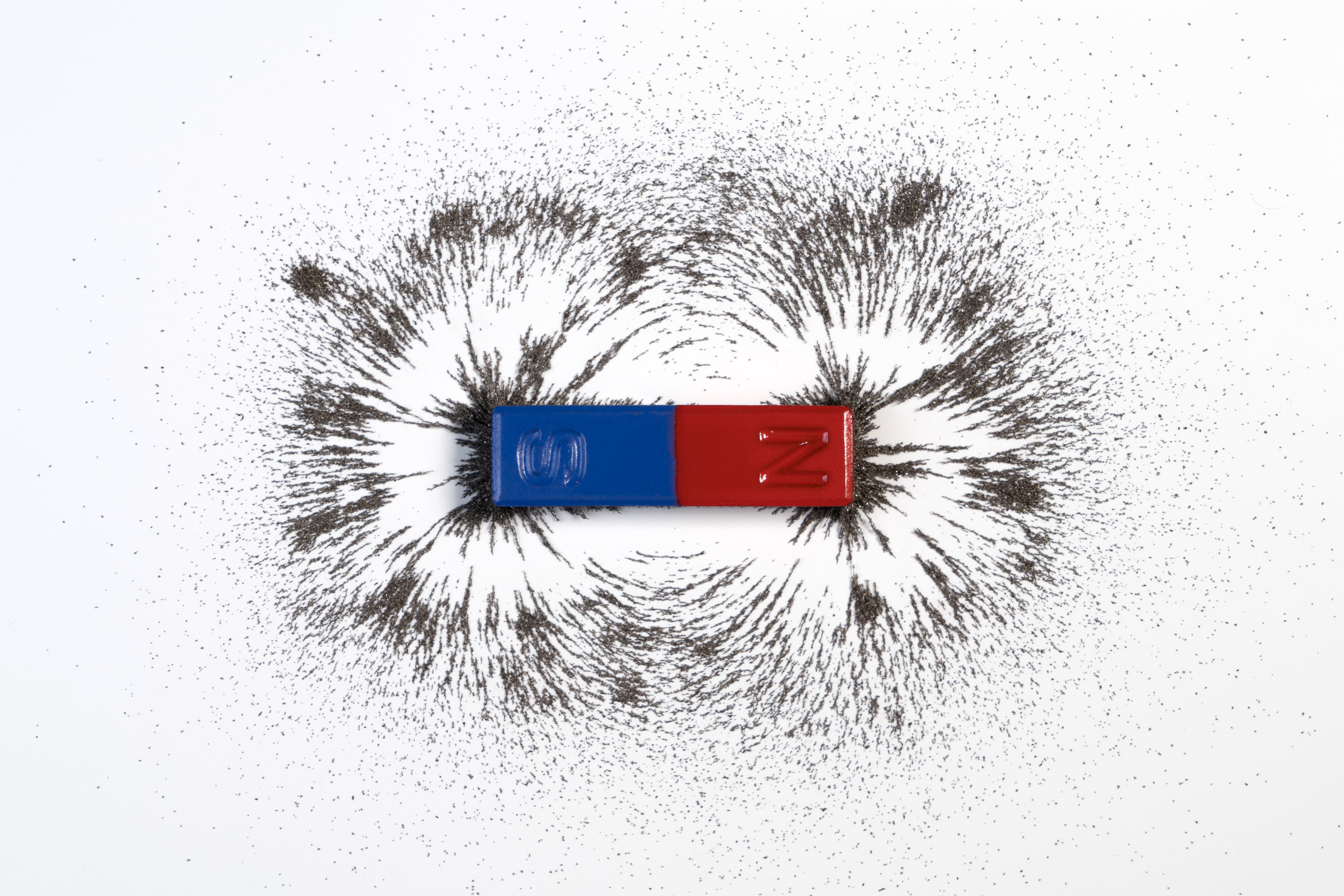

The growth factors needed for healing are also found in other areas of the body. The Amniotic Membrane is a portion of the placenta that contains high concentrations of hundreds of growth factors. This portion of the placenta helps the placenta and baby grow. This region of the placenta is harvested, preserved and purified following delivery by mothers that have been screened and donated the tissue. It is an allograft (since it comes from another human); however, this tissue is non-immunogenic meaning there is no risk of rejecting the tissue. These products are rigorously screened and tested for all communicable diseases before going through the purification process that involves terminal sterilization.
These products have a similar theoretical process to PRP injections; however, the growth factors are in a higher concentration than PRP. With PRP injections, there is variability from patient to patient on the amount of growth factors produced. With the amniotic membrane products, we know through testing the amount of growth factors in each injection. When these purified growth factors are injected into an injured area they modulate inflammation, decrease scar tissue formation and enhance healing by recruiting stem cells to the site of injury. Studies have demonstrated the ability of amniotic membrane allografts to recruit in stem cells through chemical signaling.
The amniotic-based product Paragon Sports Medicine uses for injection:
AmnioFix is a bioactive tissue matrix composed of human amnion/chorion membrane for homologous use to modulate inflammation, reduce scar tissue formation and enhance healing in soft tissue applications such as full and partial tears of ligaments and tendons. The AmnioFix biologic by MiMedx has over 226 different growth factors, specialized cytokines and enzyme inhibitors, including those that help enhance soft tissue healing.
Since 2006 there have been over 400,000 allografts with ZERO FDA reportable adverse reactions.

Paragon Sport Medicine All Rights Reserved © 2025